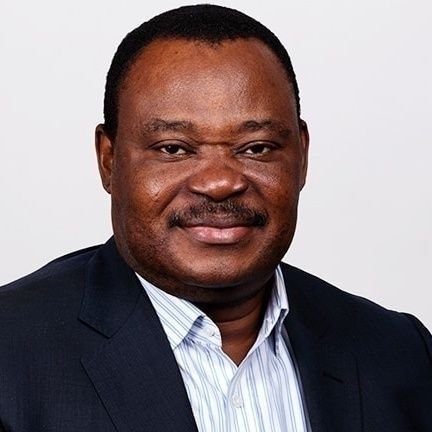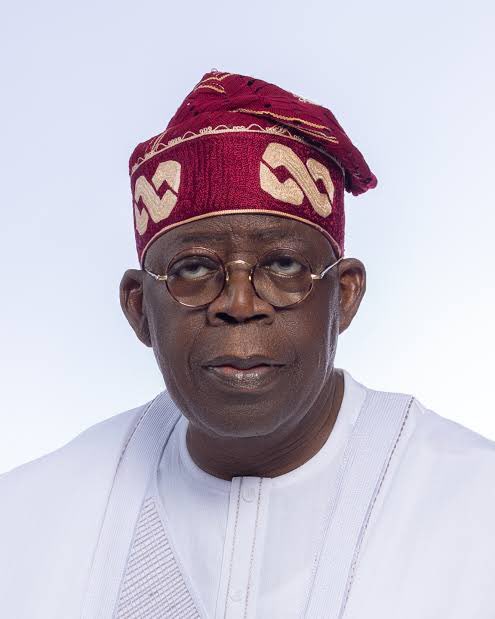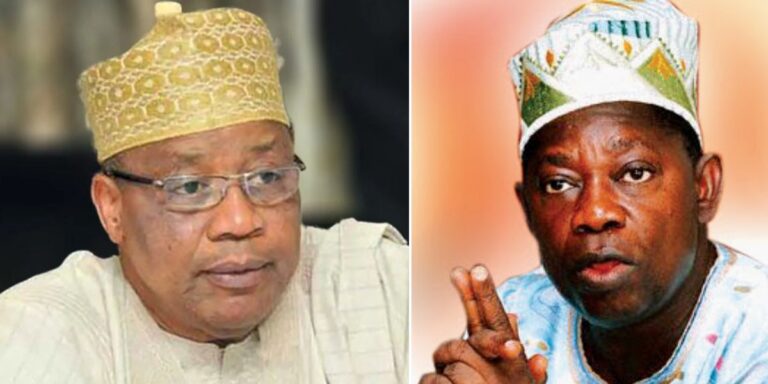
By Dr. Jimoh Ibrahim CFR.
Ogun state and Guangdong (a Chinese interest) are non-state actors in international relations. They are legal entities within their domestic jurisdictions, and they can legally enter a binding contract, which requires the sanctity of the contract and integrity of undertaking in written or otherwise. The contract law is becoming so flexible between parties that the court wants to see the intention to enter a legal relationship. Recently, the law expanded in England to make statements enforceable during the pre-contact discussion banding on parties. Once any of the parties to the contract can show that he relies on those reasonable representations, it matters not if such a statement is in writing! The law has advanced beyond the Nigeria mentality that I did not sign, and it is not a written statement! Now, pre-contract statements are banding on the party-making them!
The Treaty of Westphalia,1648, significantly explained the state’s power as actors in international relations, with the inalienable power of sovereignty. It includes the principle of non-interference in the domestic affairs of another. This ordinarily connotes that, except by permission, nations’ domestic affairs are the exclusive jurisdiction of such a nation. The sovereignty argument ordinarily explains why a court should not grant an order of attachment on sovereign assets (e.g., a diplomatic plane) in a contract involving two non-state actors. But where a state is made a co-defendant is such a matter; it has all opportunities to explain itself. For instance, is the state aware of such a contract, and was the state supporting the non-state actor at any time during the contract? Why should the court writ of attachment order be a problem? If the actor (Nigeria) provides support for Ogun State during the contract,
If Nigeria’s argument is based on the principle of sovereignty, it must look elsewhere because there is no absolute sovereignty. The increasing role of globalisation and financial institutions increases the viability of the sovereign state. Krasner has argued that sovereignty is organised hypocrisy! It could also be the case that the absence of absolute sovereignty makes the state’s authority and power to govern itself and make decisions hypocritical. Political power play by hegemonic leaders influences decisions, not the rules of international practice. When Nigeria was made a party to the contract, it knows nothing about why Nigeria didn’t request from the same court that China be made a party such that we can now have complete diplomatic engagement!
The argument about sovereignty may be nonsensical due to the shifting dynamics of international relations, marked by increasing financial obligations, globalisation, and the growing influence of non-state actors. Some of these actors, like Google and Coca-Cola, have more extensive financial balance sheets than the entire budget of Africa! The narratives are changing. It is still difficult for a state to have absolute internal control over its air, road, and water spaces. For instance, a disaster that travels by water has no regard for immigration queries, or air diseases like COVID-19 require no visa to travel across the borders; no country has absolute control over the stoppage of emails travelling from one country to another, so it is in all social media communications.
The Nigerian government may have one or two options: help Ogun state to pay a negotiated full and final discharge of the judgment sum and deduct the money from the federal account allocation monthly. Or provide an alternative bank guarantee for the judgment sum from an international bank to get the injection discharged, have your planes back and move to the negotiation table. Or argue Nigeria’s non-involvement and allow the two non-state actors to battle the international legal engagement. Doing so is essential for Nigeria’s image, as the potential implications of the case’s outcome are significant. How would the judgement become enforceable if Nigeria successfully pooled out and Ogun state lost the case? Political power and influence are still hanging somewhere. Brilliant Lateef Fagbemi, Nigeria’s Minister of Justice, narrowed the options to an outright legal engagement (except that international litigation always ends on the imperativeness of power, influence, and authority). Or pursue an international diplomatic option. This is a case of a realist (China) going into financial diplomacy with a liberalist (Nigeria), some laughingstock on the manoeuvring; for the realist (China) celebrates power, including economic and financial power, while the liberalist (Nigeria) wants collaboration and cooperation!)
It is sad to see how a governor will terminate a contract to which he has a deficit of knowledge but arrogantly assumes that the governor’s power is more than the knowledge needed for efficient decision; a whopping seventy million dollars (over a hundred billion naira), of course, there is no firing squad punishment for an elite that terminate a contract of 100billion naira he only claimed he made a mistake! His recklessness and lack of adequate university education make him act as his spirit direct. He was connected to the praxis and taxonomy of the currency of power with his usual excess in-stock mantras: power corrupts, and absolute power corrupts absolutely! The state will still protect him while he rides on the choice of a convoy of cars. Now a permanent governor! The power to revoke privatised companies and punish the citizens or sell banks that belong to successful people out of envy of criminalising simple loan agreements between parties domestically is unknown to international financial praxis, as we saw during the Buhari Government.
He (the Buhari government) illegally printed 30 trillion Naira with no punishment but sent many entrepreneurs to their early graves just because they borrowed money from banks that were fully collateralised. When the government was six months old, I once texted Buhari from Oxford that I was not on the list of corrupt Nigerians in case he wanted to know and asked him to read his security memo. He was my friend, and I thought it was a record he could be proud of until the cronies came after my companies, and they found nothing. It was challenging for them to illegally acquire what I legitimately bought and paid over $100m.
The Ogun state government can only run to China in the face of Chief Mike Adenuga, who can easily give a free export zone, but we want him to run away to Ghana. His offence was that he was the face of Nigeria’s business success. The international community will teach some political leaders about the powerlessness of power! There is no way international law will support an arbitrary governor to terminate a legitimate international contract and use sovereignty as a defence because of his deficient knowledge of the known and unknown risks. A university education would have better served him. President Tinubu will spend more time and resources to return Nigeria from the financial dangerous lane where Buhari mortgaged the country.
Ibrahim, a serving Senator in Nigeria, holds a Doctorate Degree in management science from the University of Cambridge.



